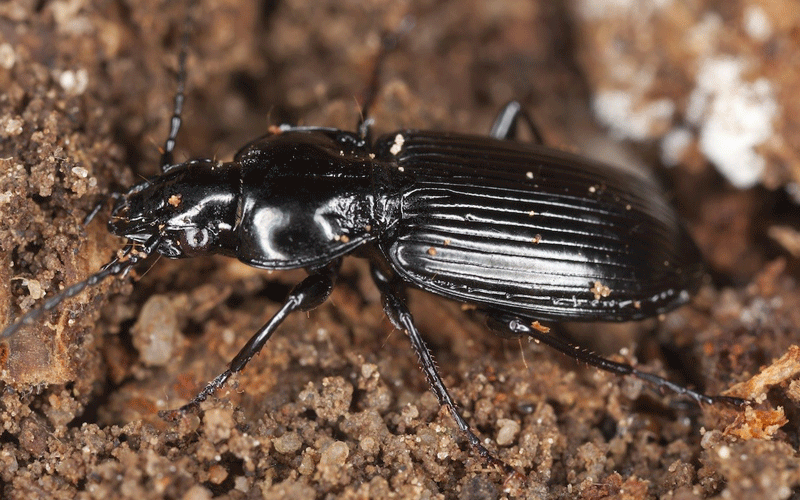Scientists discover plastic-eating worms
By Mwangi Mumero, August 4, 2020It may soon become possible to naturally breakdown heaps of plastics that litter our public spaces using worms from certain beetles, according to researchers at Stanford University in the US.
Writing in Science of Total Environment journal, the researchers observed that the larvae of a dark beetle (Zophobas atratus) can eat Styrofoam, a type of polystyrene and break it down to carbon dioxide.
The larvae, referred as superworms, were found with microorganisms in their gut that degraded the plastics and converted the complex molecules to carbon dioxide. The larvae were also able to solely depend on plastics for food.
Past research from the School of Life Science, Beijing Institute of Technology in China studied larvae of the mealworm beetle, Tenebrio molitor, and reported that the worms were also able to degrade and breakdown styrofoam, confirming that the gut bacteria broke down the polystyrene.
Studies have shown that an estimated 359 million tonnes of plastics were produced globally in 2018, including 33 million tonnes of polystyrene, a common plastic that is difficult to biodegrade and is often discarded without recycling.
It has been found clogging waterways in a major cities and residential areas.
Researchers now believe the microorganisms in the gut of these beetle larvae can be grown and multiplied externally and used in the large-scale degradation of plastics in years ahead.
“It is definitely exciting to think about how we could harvest bacteria from these worms’ guts, grow them in isolation from the insects, and then get them to degrade plastics a little bit more broadly,” says Anja Brandon, a researcher at Stanford University, who is also a civil and environmental engineer.
Meanwhile, scientists from the World Agroforestry Centre (ICRAF) and the Kunming Institute of Botany in China have recently reported that a fungus, Aspergillus tubingensis, which ordinarily lives in the soil, has been found to grow on the surface of plastics- breaking them down.
More Articles

